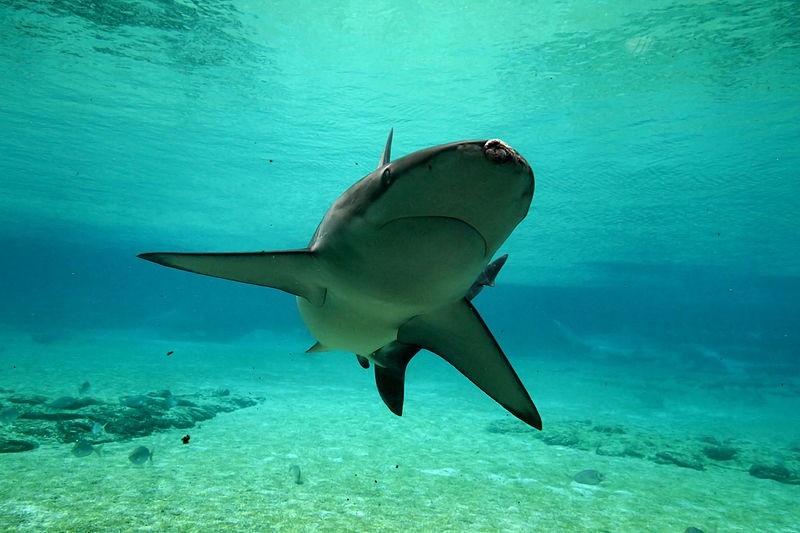European Union Closes Loopholes in Shark Finning Ban

Project AWARE News
Today the EU Council of Ministers formally adopted a strengthened EU ban on shark finning, the wasteful practice of slicing off a shark’s fins and discarding the body at sea.
The need to strengthen the 2003 EU finning ban has been debated for years. The European Commission issued a proposal in November 2011 to require that fins be left naturally attached to all sharks brought to port. In November 2012, the European Parliament voted 566-47 in favour of the related report. Today, the Council of Ministers accepted the text agreed with Parliament, confirming the position fisheries ministers adopted in March 2012, and concluding the process to establish a new EU regulation.
Project AWARE joined the Shark Alliance, a coalition of more than 130 organisations dedicated to science-based shark conservation, in 2006 as a Steering Group member with the goal to secure an EU Plan of Action for sharks and a strong and enforceable shark finning ban. You supported our work and took action with us showing decision makers that divers are serious about sharks.
Today, we congratulate EU fisheries ministers, the European Parliament, and the European Commission for achieving an agreement that finally closes all loopholes in the EU finning ban, and thank the many groups and individuals who worked for such an outcome. “We owe so much of our success to the tens of thousands of divers across Europe and beyond who voiced their concern for sharks,” said Suzanne Pleydell, Project AWARE Foundation Board Member in Europe. “By demonstrating the economic benefits of sound shark stewardship, divers brought new EU Member States to the debate to support a stronger finning policy that reflects the values of the entire European Union, not just its shark fishing powers.”
The regulation will come into force seven days after its publication in the Official Journal of the European Union.
Background:
The EU banned finning in 2003, but the associated regulation included an exception under which fishermen with permits could remove shark fins on board vessels and then land them separately from the bodies, with compliance monitored through a complicated process of measuring and comparing the weights of the fins with the weight of the whole shark, leaving significant room for undetected finning.
Prohibiting at-sea removal of shark fins, and thereby requiring that sharks be landed with their fins naturally attached, is widely regarded as the most reliable means for implementing a finning ban. The fins-naturally-attached strategy also allows for improved, species-specific landing data, which are essential for population assessment and fisheries management.



